The ongoing artificial intelligence (AI) summit in Paris shows that efforts to curb the development of AI have cooled.
At previous AI summits held in the UK and South Korea, many world powers focused on the risks posed by this technology following the emergence of ChatGPT.
Meanwhile, US President Trump, after taking office, has reversed the AI barriers created by his predecessor, with the ultimate goal of boosting US competitiveness.
This also creates pressure for the EU to change its gentle approach to AI, to maintain the competitiveness of technology businesses.
A draft non-binding declaration on AI governance for this year’s conference shows that host France is calling for an inclusive approach that prioritizes “avoiding market concentration” while developing “AI in a way that is sustainable for the planet and people.”
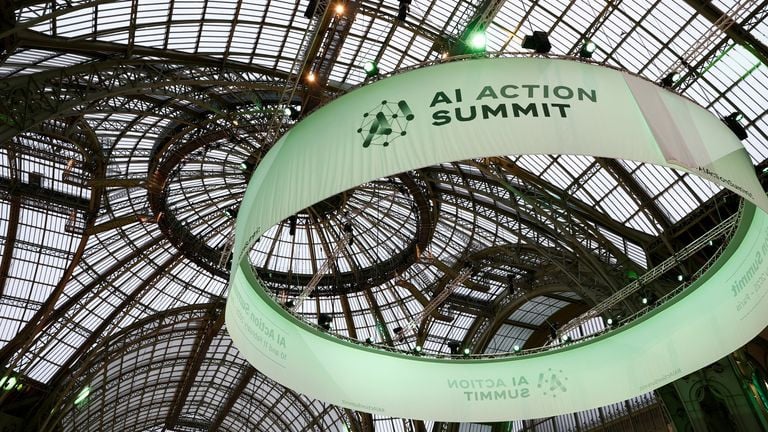
“For growth, jobs and progress, innovators and developers need to be able to do their jobs,” OpenAI CEO Sam Altman said in an article in Le Monde.
Meanwhile, French President Emmanuel Macron asserted that “we should not be afraid of innovation” .
“On the one hand, having no rules is dangerous. On the other hand, having too many rules in Europe is also dangerous,” he said.
European lawmakers passed the EU AI Act last year, the world's first comprehensive set of rules regulating the technology.
Last month, DeepSeek emerged out of nowhere, challenging America's leadership in AI, further heating up the industry race.
AI Collaboration for Public Good
CurrentAI is the result of a collaboration between national (France and Germany) and industry partners such as Google and Salesforce.
With an initial investment of $400 million, the deal will lead projects for the public good, such as providing high-quality data for AI and investing in open-source tools. The goal is to raise up to $2.5 billion in capital over five years.
Martin Tisné, founder of Current AI, said a focus on the public good is necessary to avoid AI having the same negative impacts as social media. “We have to learn the lessons,” he said.
In addition, France will announce private sector investments totaling around 109 billion euros ($113 billion).
“100 billion euros is a figure that reassures us that there are ambitious projects in France,” said Clem Delangue, CEO of Hugging Face, an American company whose founders are French and which is at the heart of open-source AI online.
However, not everyone in Paris agrees with taking a hands-off approach to AI regulation.
“What I worry about is… there will be pressure from the US and elsewhere to weaken the EU AI Act and weaken the existing protections,” said Brian Chen, policy director at Data & Society, a US-based nonprofit.
The AI summit in Paris was attended by top political leaders, including Chinese Vice Premier Zhang Guoqing, who also attended the summit, as well as top executives such as Alphabet CEO Sundar Pichai and OpenAI's Altman.
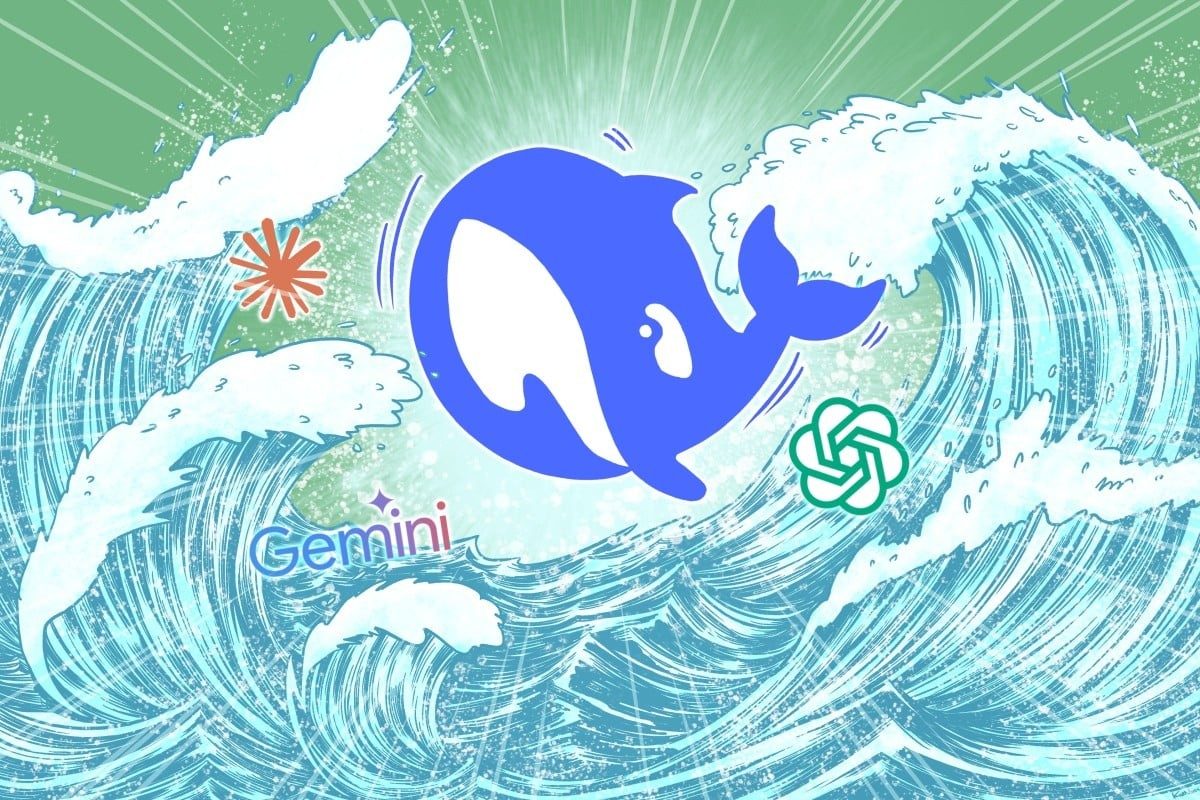
Source: https://vietnamnet.vn/hoi-nghi-thuong-dinh-ai-paris-chung-ta-khong-nen-so-su-doi-moi-2370512.html





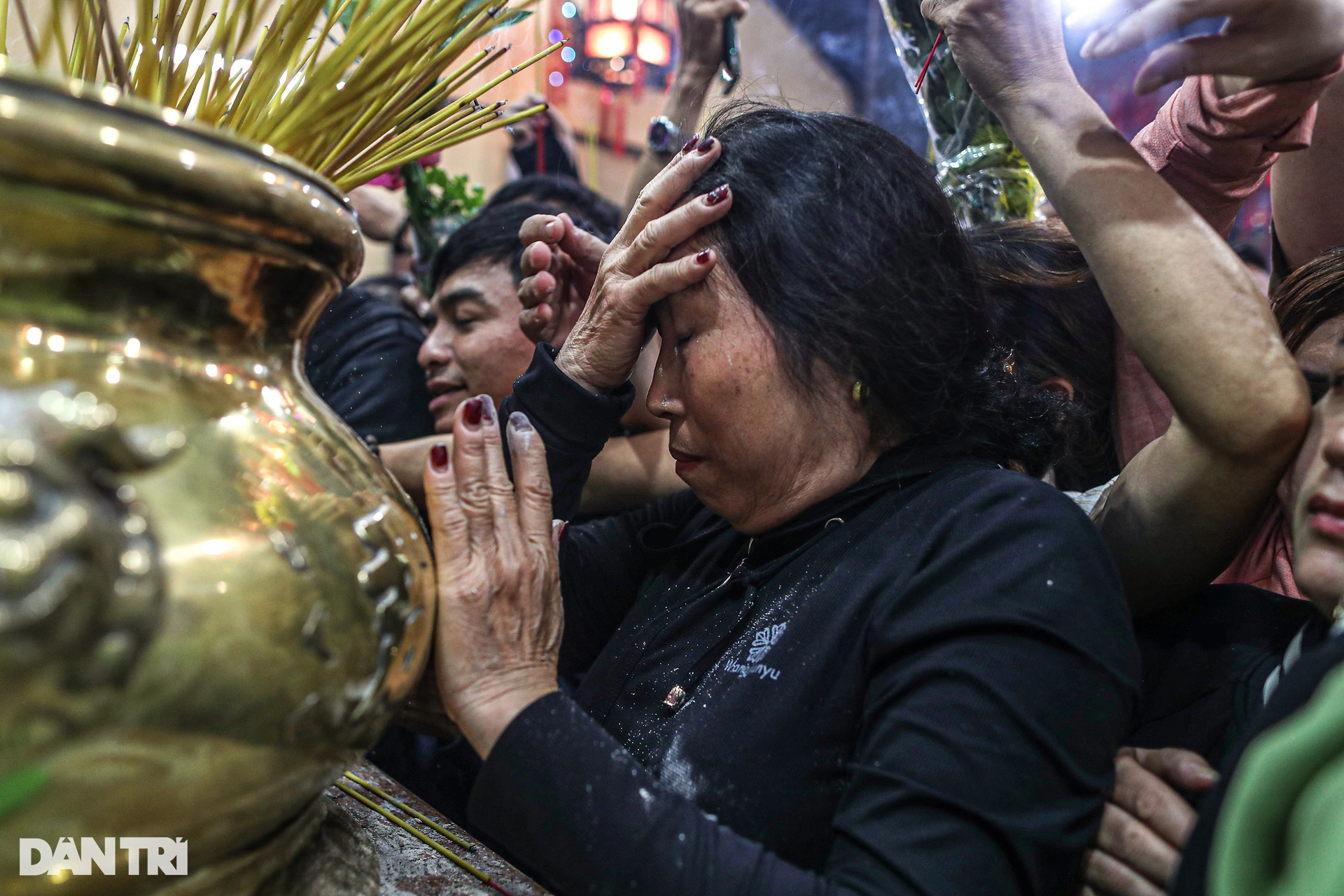

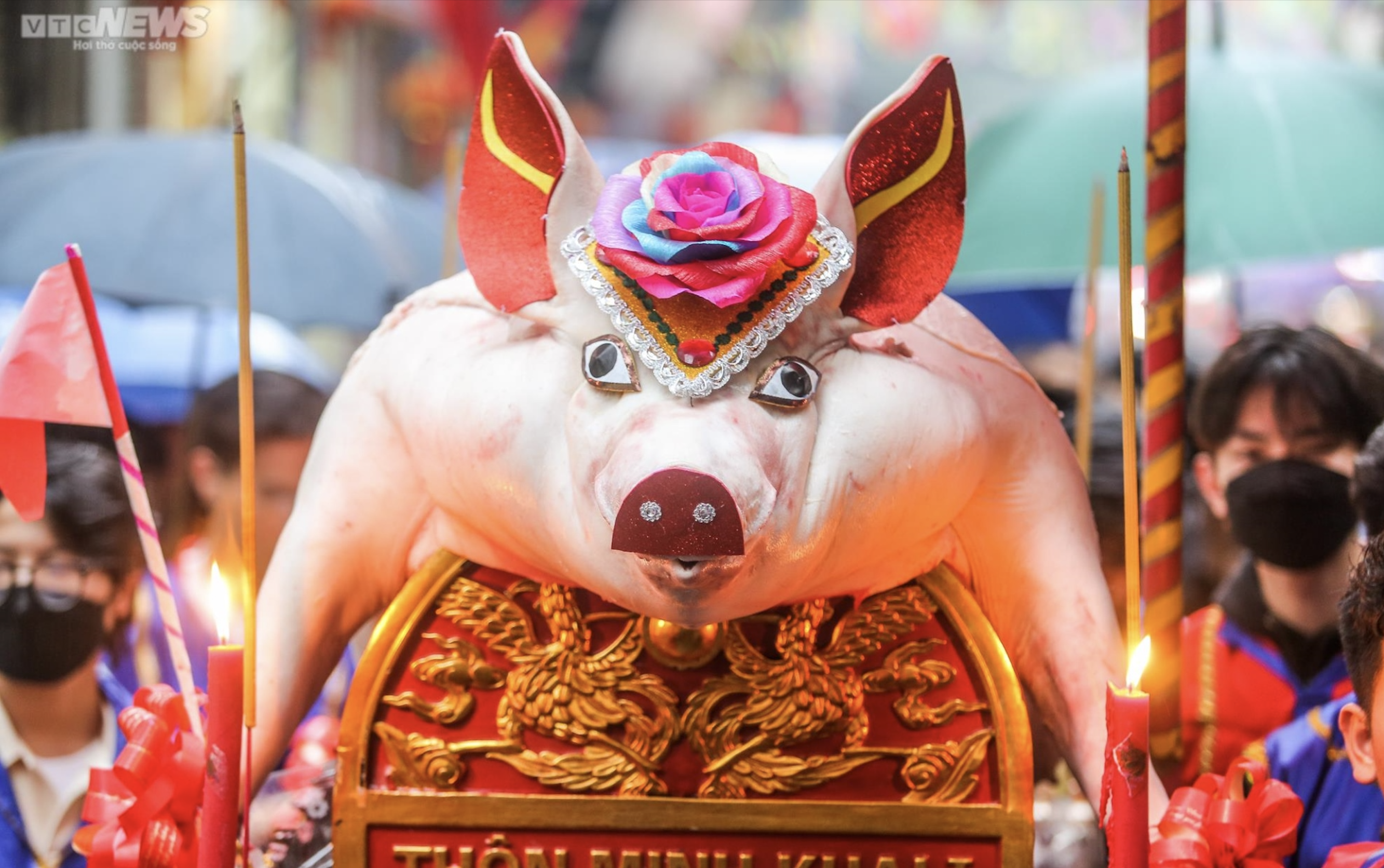

























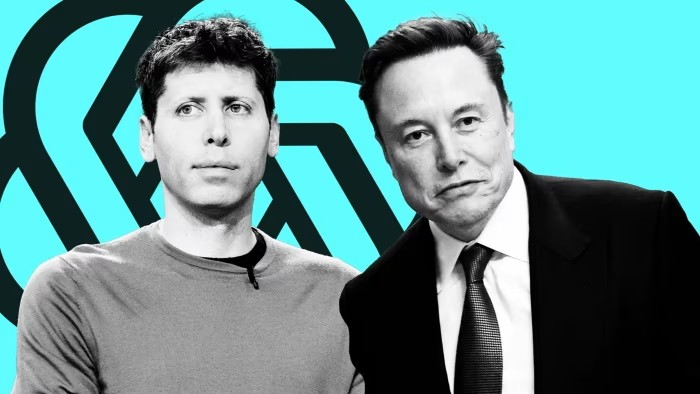

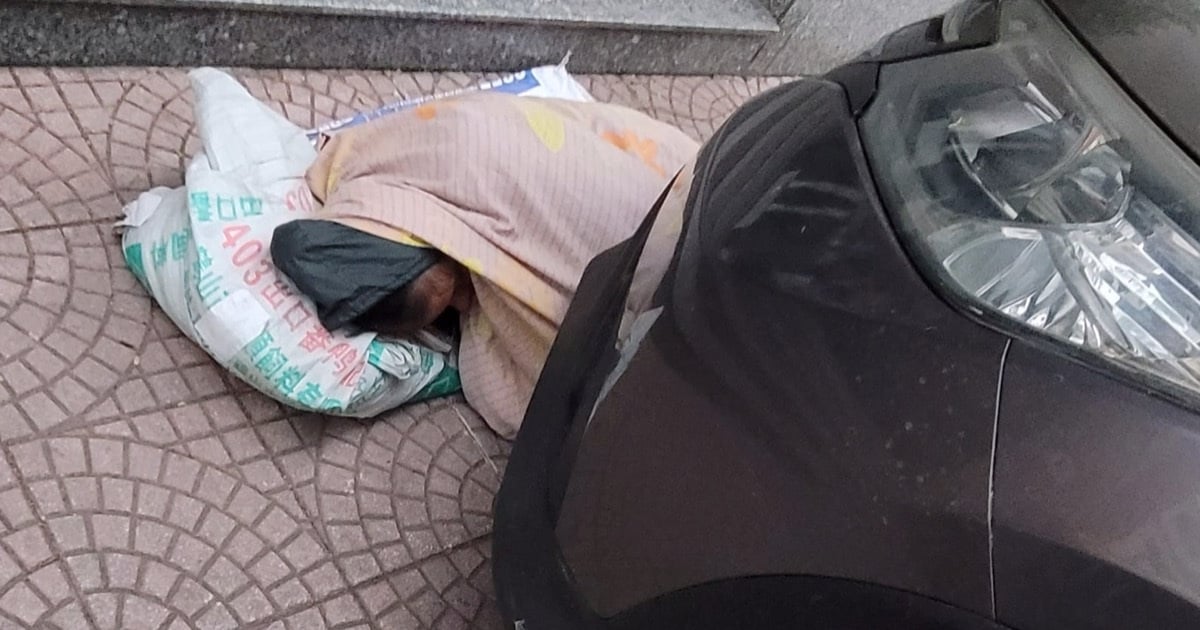





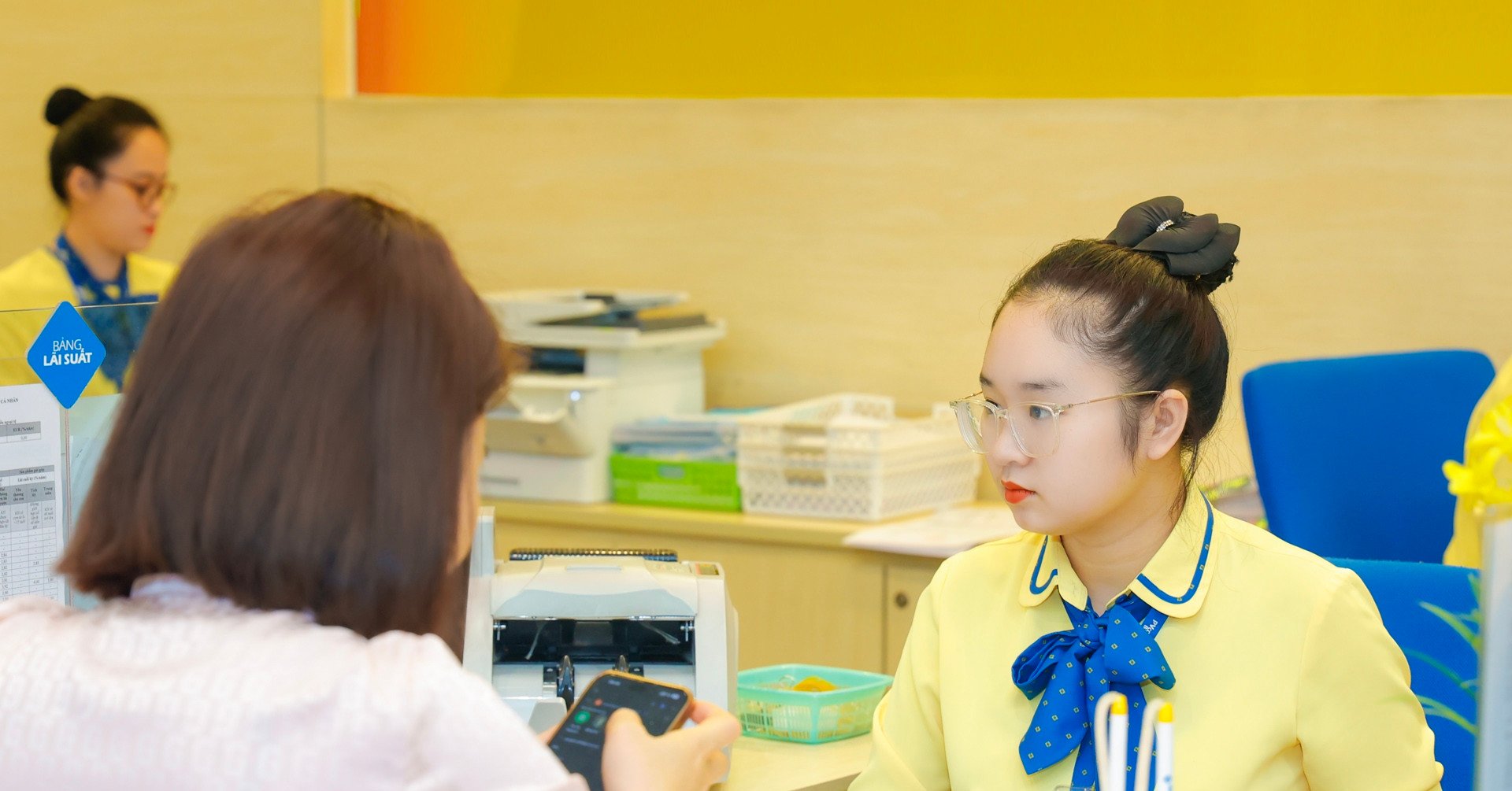
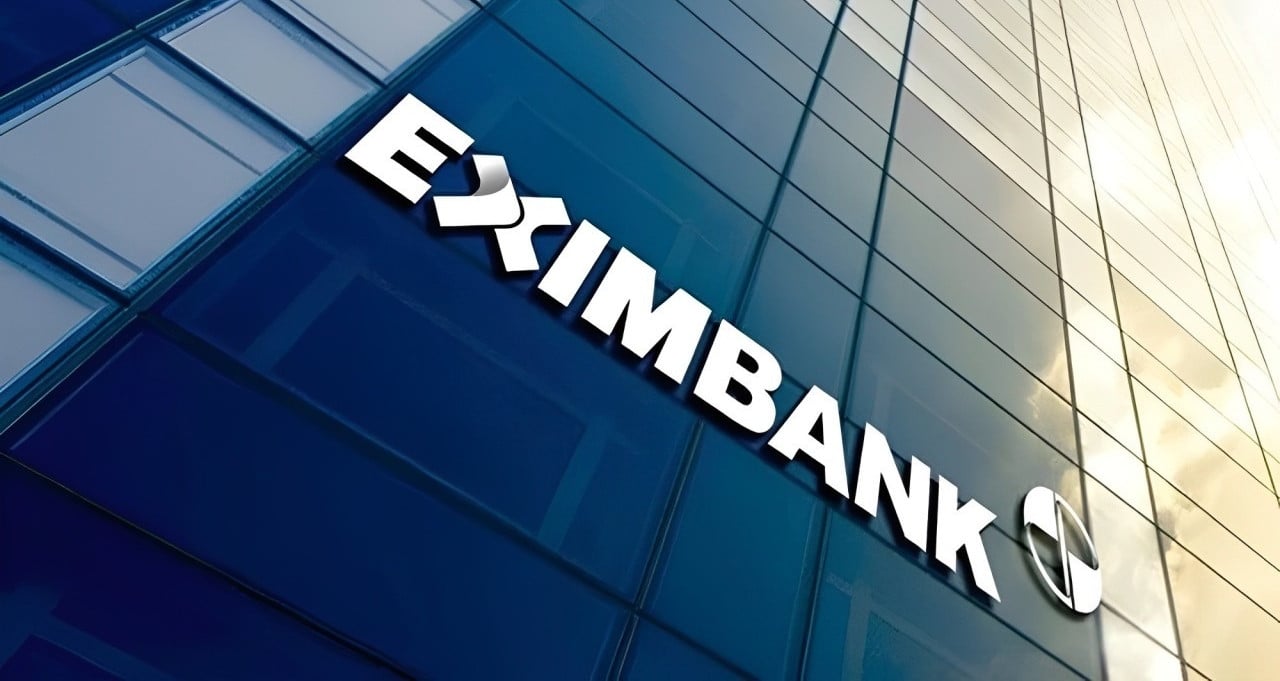
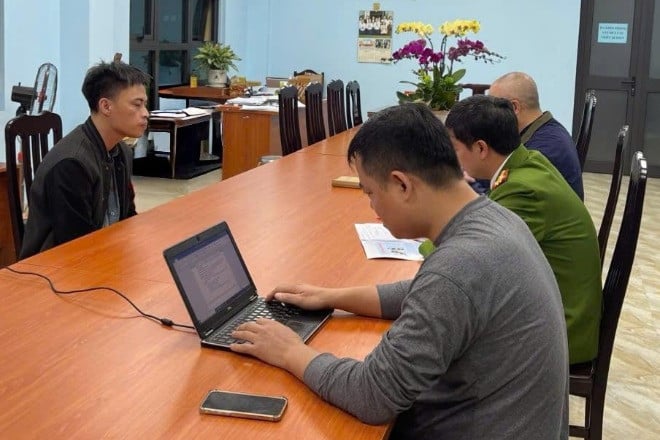
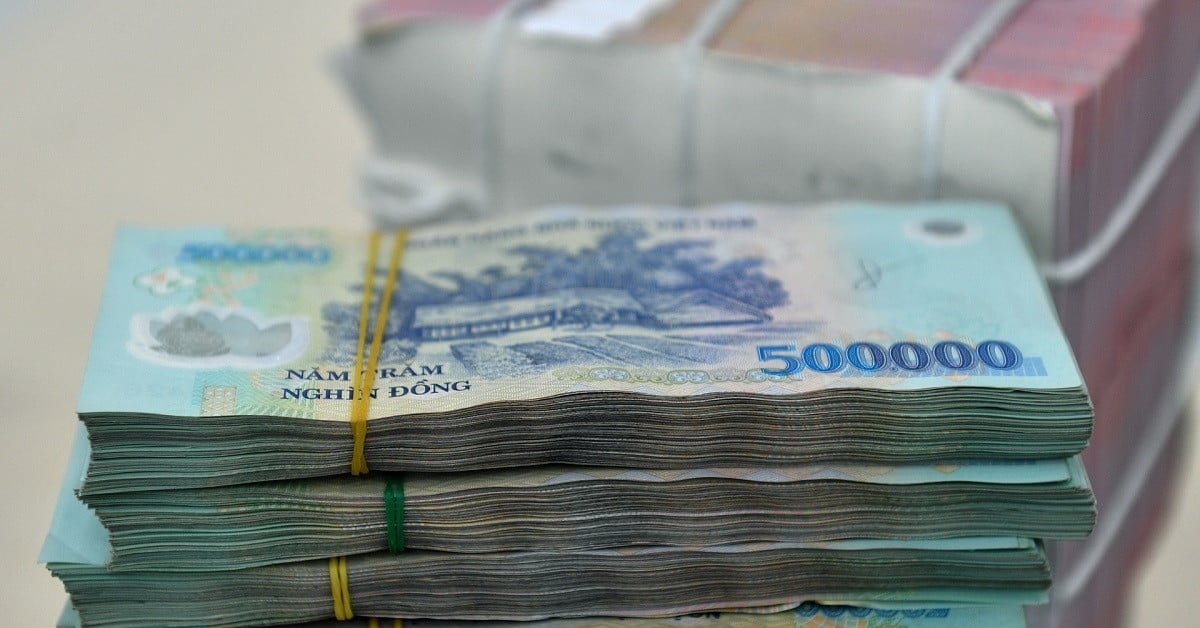
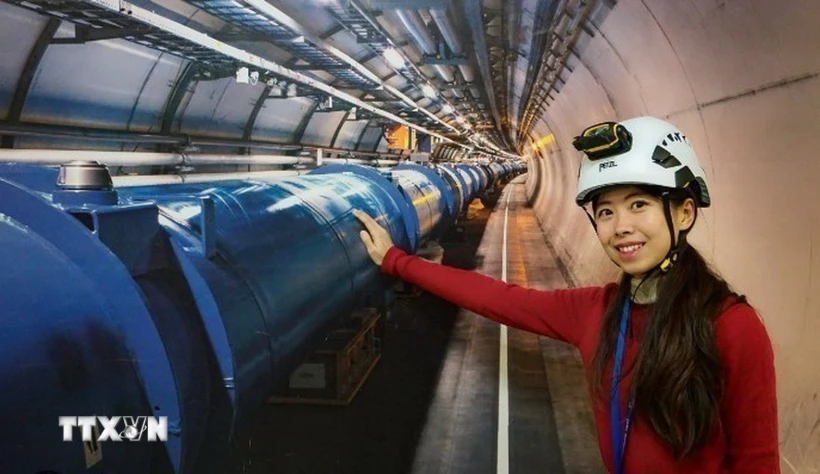

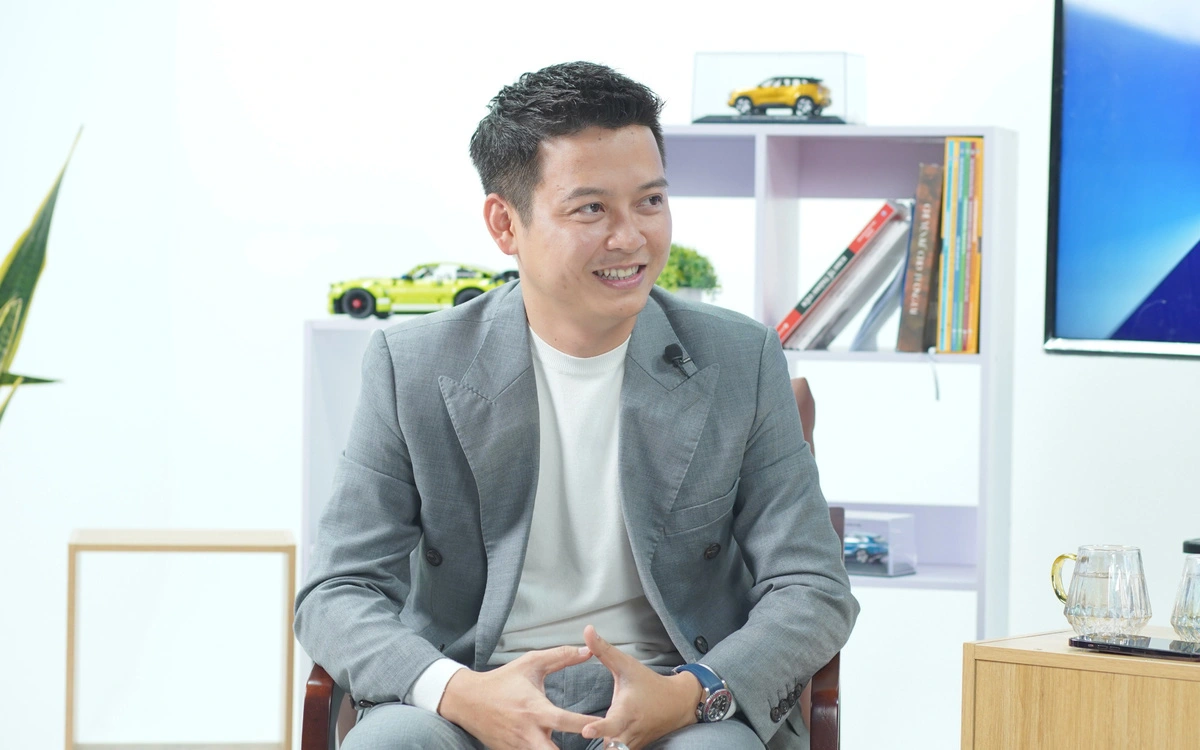


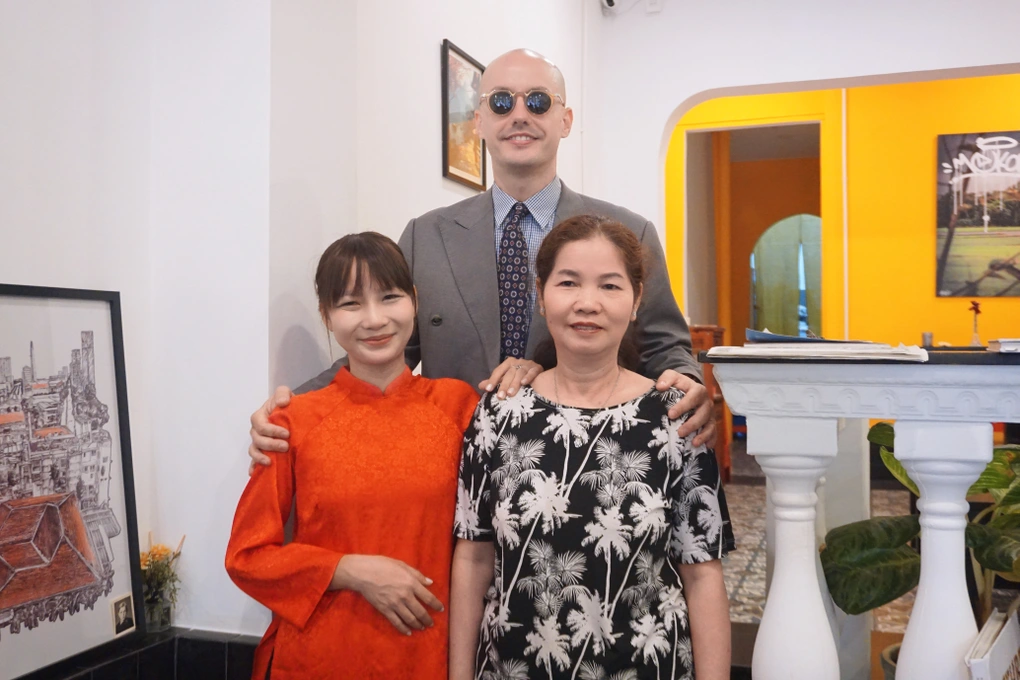







Comment (0)